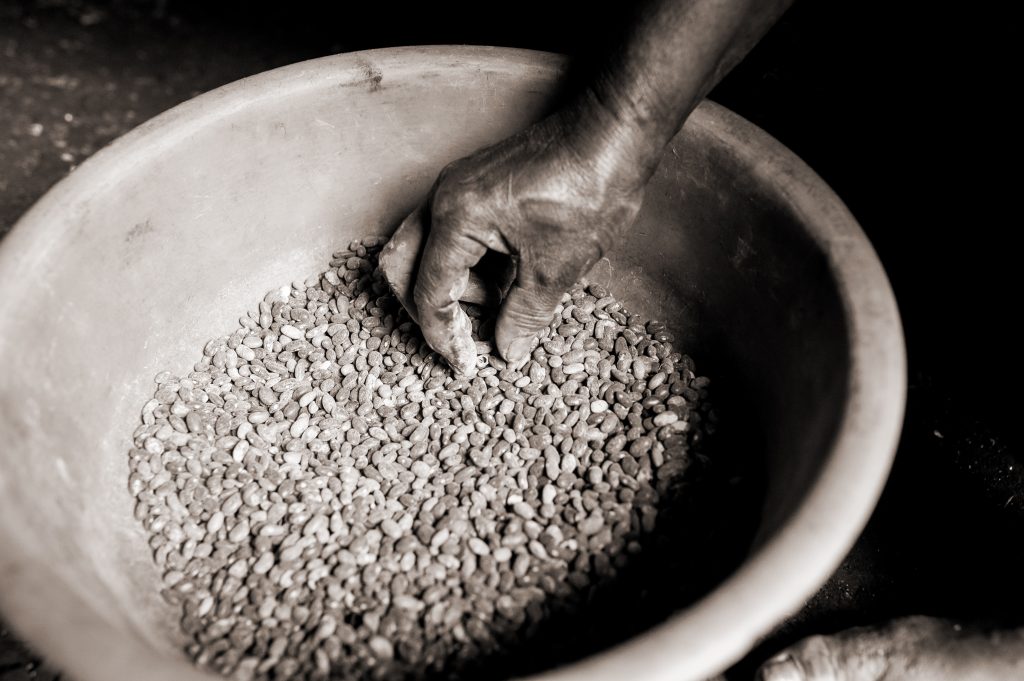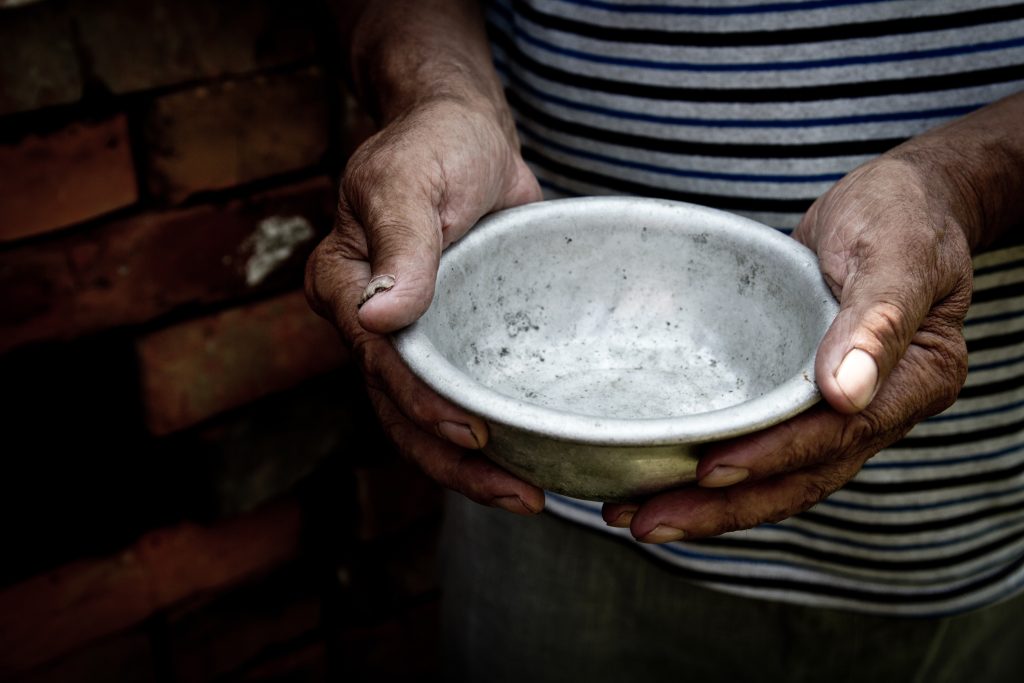Article originally published by Foreign Affairs on April 23, 2019.
On April 11, 16 weeks of non-violent popular protests in the streets of Khartoum and other major Sudanese cities culminated in a military takeover. The demonstrators had called for an end to economic austerity and the 30-year rule of President Omar al-Bashir. Forced to choose between firing on the vast crowds, many of them sons and daughters of the country’s middle class and even of some army officers, and disobeying orders, soldiers chose the latter. The vice president and minister of defense Lieutenant General Awad Ibn Auf announced that Bashir had been removed from power.
That, however, was not enough to win over the opposition Coalition for Freedom and Change. Ibn Auf was Bashir’s ultra-loyalist heir apparent and he made no reference to conceding to the demonstrators’ demands. Rather, it appeared that a cabal of Bashir’s security henchmen had simply taken over.
The coup makers quickly ran into trouble. They could not, it turned out, run the old system without Bashir. Only the ousted president knew how the political patronage machine worked and could balance the various actors against each other. The army chiefs made things worse for themselves by dissolving the ruling National Congress Party and putting many of its veteran Islamist leaders under house arrest. That created a void of experienced political operators in government and disrupted the network of party bosses, tribal chiefs, army officers, militia commanders, and crony businessmen that had run the country. The generals knew they needed to keep the multitudinous, mutually suspicious, and avaricious paramilitary chiefs within the circle of power, but they couldn’t work out a bargain with them at the same time as negotiating an arrangement with the opposition.
Faced with these impossible circumstances, Ibn Auf resigned the next day. He was replaced by another senior officer, Lieutenant General Abdel Fattah al-Burhan, who was sworn in as leader of a transitional military council. Burhan’s principal qualification for the job appears to be that he was unknown outside military circles until now—and thus has no popular reputation for corruption or brutality. As the least unacceptable face of the junta, therefore, he spoke with demonstrators and offered to meet the opposition coalition.
The transitional government is now engaged in two sets of parallel negotiations. The first is with the state security services and paramilitary groups over the security pact. Unlike in Egypt, the Sudanese army cannot control the country on its own. In the capital, the National Intelligence and Security Service is a formidable military power independent from the army, and its director, General Salah Abdalla “Gosh” was a feared operator under Bashir. There are also a half dozen or so paramilitary groups in Sudan, the most powerful of which is the Rapid Support Force commanded by General Mohamed Hamdan, known as “Hemeti.” When the April 11 internal deal fell apart, Gosh and Hemeti jumped different ways—Gosh resigned and Hemeti took the job of deputy to Burhan in a revamped military council.
The second negotiation is over a the deal with the opposition. Striking a deal will be no easy task: the Coalition for Freedom and Change contains about two dozen groups, ranging from the Sudan Professionals Association to alliance of political parties to the Forum of Sudanese Tweeters to the No to Women’s Oppression Initiative. A core group of veteran politicians drafted the coalition’s “declaration of freedom and change,” in January, and are heading the negotiating team. Sensing the army’s disarray, they are taking a tough line. The military council has made some major concessions, including jailing Bashir in Kober Central Prison—a move with huge symbolism, as this is where Bashir himself detained the deposed leaders of the democratic government 30 years ago—and promising to dismantle the National Intelligence and Security Service. But there is a hard road ahead. On Sunday, the opposition suspended talks with the generals, saying that hardliners within the council were blocking progress.
The civil opposition achieved in four months what decades of armed rebellions failed to do. Nonetheless, the leaders of the Sudan Revolutionary Front, representing the rebels in Darfur and the Southern Kordofan and Blue Nile regions, distanced themselves from the Coalition, saying it is too early to talk. This move has echoes of the catastrophic decision by John Garang, leader of the Sudan People’s Liberation Army, to reject an invitation to join the newly-established civilian government after a popular uprising overthrew the dictator Jaafar Nimeiri, in 1985. Garang’s mistake condemned Sudan to 20 years of bloody civil war.
THE REGION’S REACTION
Sudan’s popular uprising and military takeover were driven by domestic factors, but it’s unlikely that the Sudanese will resolve the situation on their own. In the past, faced with these kinds of knotty problems, such as the long-running civil war in the south, the Sudanese have relied on external mediators to find a solution. This month, however, turmoil in Khartoum has been matched by disarray in the region and inaction internationally.
Egypt was the first to recognize the coup, affirming “full support” for the “people’s will” within hours of Ibn Auf’s announcement. For Egyptian President Abdel Fatah el-Sisi, the takeover was a replica of his own coup, in 2013, and he was confident that a government led by Ibn Auf—who was trained at the Egyptian military academy at the same time as Sisi—would take a pro-Egyptian line on key issues, such as keeping the Muslim Brotherhood in check. Sisi is also concerned that the Sudanese have been supplying Islamist factions in Libya and have made a deal allowing Turkey to build a naval base at the Red Sea port of Suakin.
Saudi Arabia, meanwhile, waited until April 13 to express support for the transitional military council and promise aid—medicine, food, and fuel. What Saudi Arabia wants will matter. Burhan commanded Sudanese troops in Yemen in support of Saudi forces and his deputy Hemeti is currently overall commander of 7,000 troops deployed there on the Saudi payroll. The UAE also promised aid after the coup. Gosh was the UAE’s favored Sudanese interlocutor, but even after his departure, it couldn’t be seen to fall behind the Saudis in either diplomacy or aid. For both countries—as for Egypt—it is crucial that Sudan doesn’t fall into the hands of the Muslim Brotherhood, and that it stays a loyal member of the security alliance against Iran.
The Arab world’s rivalries aren’t driving the unfolding Sudanese drama. But these regional power games could soon play out within Sudanese politics, with each state backing its favored client with money and, perhaps even guns. Such an outcome could have the same calamitous results in Sudan that it has had in Libya and Yemen.
The “troika” of countries that sponsored the north-south peace negotiations in Sudan 15 years ago—Norway, the United Kingdom, and the United States—have been conspicuously absent during the protests and the coup. Under the first the Obama administration and then the Trump administration, the United States has moved from vociferously advocating for human rights in Sudan to discreetly cooperating with Bashir on issues such as counterterrorism and support for Saudi Arabia and the UAE. Gosh has served as a valued partner to the CIA; before the coup, Washington was even ready to talk to him about his ambitions to take power.
Last year, Bashir and Gosh put their expertise to the service of stitching together a peace deal for South Sudan, which earned them credit in the U.S. State Department. U.S. diplomats fear that the delicate bargaining to bring together South Sudanese President Salva Kiir, his arch-rival Riek Machar, and a host of others, could be derailed without Khartoum’s guile and guidance. One symbol of the connection is Tut Gatluak, Kiir’s national security adviser. Gatluak, a South Sudanese orphan, was adopted by a childless Sudanese Brigadier, Omar al Bashir, during the civil war. Last week, Gatluak led the South Sudanese delegation to congratulate the new junta in Khartoum, on the same day his adoptive father was transferred to the central prison.
Even as the protests escalated, Western policy seemed to presume that Bashir would survive or a successor regime would emerge that maintained his policies. It wasn’t until three days after Bashir fell that the troika issued a bland call for “an orderly transition to civilian rule.”
The African Union has taken a strong stand—but a problematic one. According to the rules of the AU, military coups are prohibited as “unconstitutional change[s] of government,” and the country concerned must be suspended until constitutional rule is restored or democracy is established. The problem is that Sisi currently chairs the AU—and he welcomed the coup.
Yet the AU may have found a workable compromise. On April 15, the AU Peace and Security Council condemned the coup but gave the Sudanese army 15 days to hand over to a civilian government, or face suspension. This interpretation of the rules—first developed for Burkina Faso in 2014, when mass demonstrations led to the downfall of a long-standing ruler—allows the AU to give a breathing space for democracy to emerge.
Sudan is delicately poised between hopes for democratization and despair at endless violence. The Sudanese people have shown astonishing patience and courage, and demonstrated that mass demonstrations can bring down even the most entrenched authoritarian regime. Foreign intervention cannot deliver democracy and peace to Sudan—only the Sudanese can do that—but coordinated action to encourage democracy and prevent more weapons from flowing into the hands of rival factions can at least minimize the risk that the transition descends into chaos.


